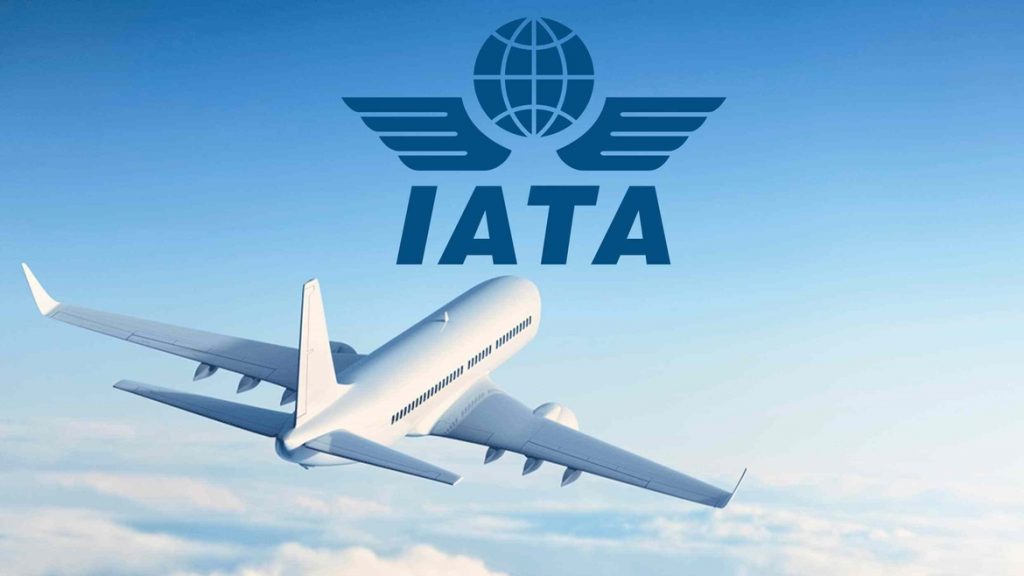
The IATA has announced it is developing its own set of mobile apps that will house passengers’ COVID-related health information, as well as provide them with up-to-date information about travel restrictions.
The International Air Transport Association (IATA) said its apps will allow passengers to share COVID test results and vaccination certificates with airlines and governments, while providing vital travel information.
The new app will combine passport information with test and vaccination certificates received from participating labs around the globe.
It will also draw on global registries of health requirements and testing and vaccination centres.
According to the IATA, passenger health information and other data will not be stored centrally, but rather authenticated with blockchain, leaving consumers in control of what they share.
The platform is built on open source standards to help interoperability with existing systems including its member airlines’ own customer apps, IATA said.
The association reportedly plans to pilot its ‘Travel Pass’ platform by year-end, and have the app available for download on Android and Apple phones by the first half of next year.
Airlines and the association continue to press governments to replace travel-stifling quarantine requirements with systematic COVID-19 testing, with some success.
“Our main priority is to get people travelling again safely,” IATA security chief Nick Careen said.
“That means giving governments confidence that systematic COVID-19 testing can work as a replacement for quarantine requirements.”
The IATA’s Travel Pass follows a similar development, named CommonPass, that was trialled by US airline United Airlines aboard a United flight from London Heathrow to Newark Liberty International in October.
At that time, United announced its trial of a new digital health pass application, which would store COVID-19 test results – and eventually vaccination information – in a program that aims to see international borders re-open.
The CommonPass program is a non-profit initiative backed by the World Economic Forum and Swiss-based foundation The Commons Project that could assist governments to ease travel restrictions and quarantine requirements if successful.
Volunteers on the flight were required to use the smartphone application to upload their COVID-19 test results, provided by a certified lab, and complete a number of health screening questions.
They were then ultimately provided with a QR code that airline staff and border officials could scan.
According to those behind the project, the system hopes to build a network of trusted labs, so that test results and vaccination records can be easily verified across borders, replacing the current system of paper-based and potentially falsified health results.
The United trial program follows a similar pilot by Cathay Pacific earlier this month, with other large international airlines already lined up to continue trials throughout November and December, according to The Commons Project.
The two programs join a growing trend of ‘wellness’ verification initiatives.
In early October, Etihad Airways CEO Tony Douglas noted programs such as these are likely to be a part of the future of flying.
“I can see that wellness certification will become a necessary function of how the whole of the world comes back to flying,” Douglas said at the Global Aerospace Summit.
“We’ll adapt and we’ll adopt and therefore, wellness certification will probably be no (different) to how visas used to be issued to give safe passage.”




